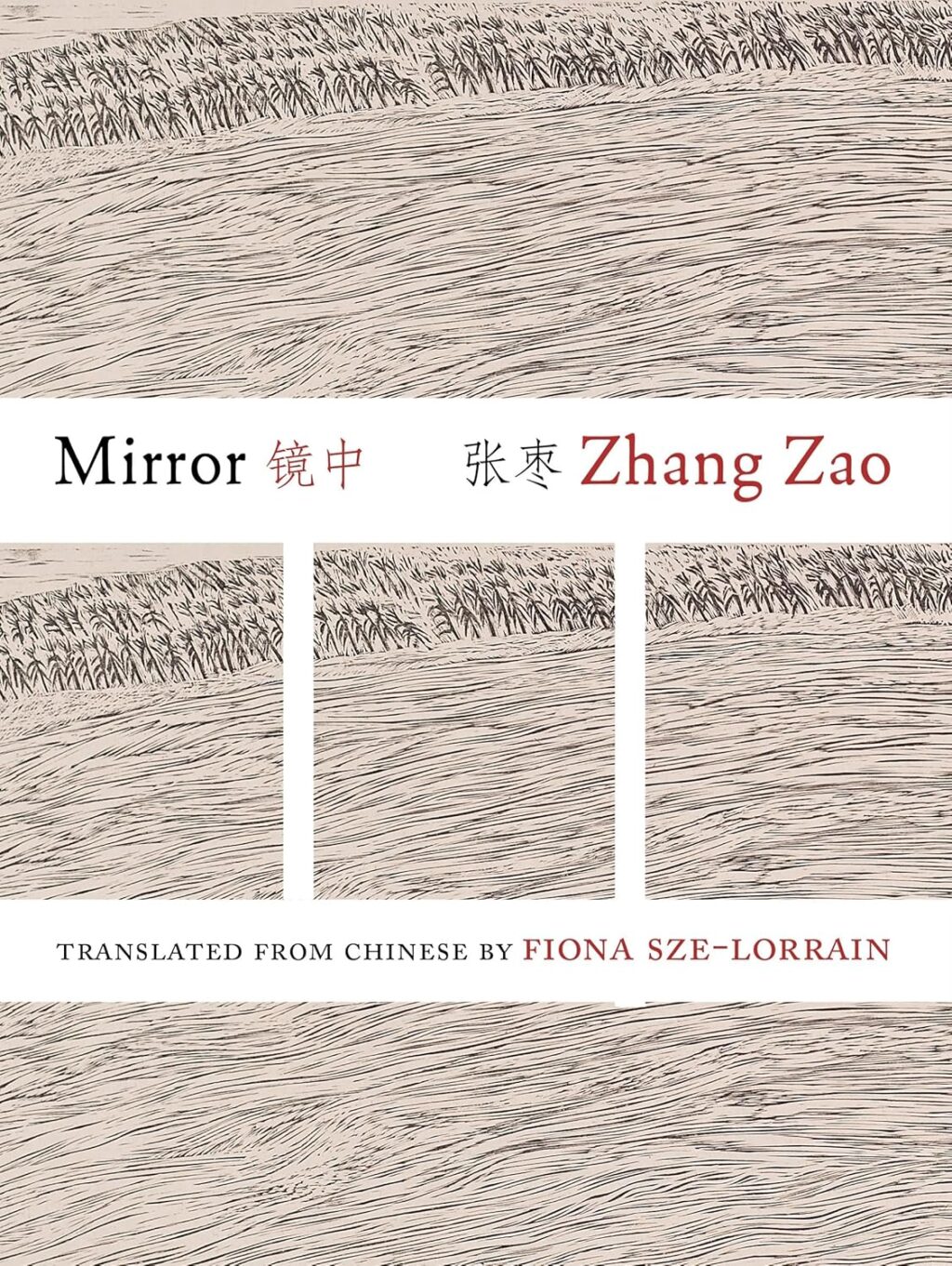If one ever forgets what poetry is for, this newly-released collection is a reminder of its ability to renew, sooth and provoke. Mirror is a translation of a lengthy posthumous selection of Chinese poet Zhang Zao’s lifelong opus.
Zhang, whose career spanned from the 1980s until his untimely death from cancer in 2010, spent much of his working career in Germany. It is perhaps this that makes his poetry so immediately accessible in English. Translator Fiona Sze-Lorrain writes in an introduction as readable as it is erudite:
Zhang Zao was versatile in not just one or two but several foreign languages. He was proficient in English, German, French, and Russian.
“In addition, he was able to read Latin. This too,” she deadpans, “was uncommon among Chinese poets at that time” (or any poets or indeed almost anyone at almost any time).
Sze-Lorrain says she finds “an epic voice in his verses”; it’s easy to see why.
The title poem, written when Zhang was just 22, and still the one for which he is well-known, starts off:
Once regrets come to mind
plum blossoms fall
Like watching her swim to the other shore
Like climbing a pine ladder
Only later in this short poem does Zhang fix it in time:
Head bowed, she answers the Emperor
A mirror awaits her forever
Although Chinese references are hardly absent, the collection isn’t really about China.
Several of poems are longer than seems usual, nowadays anyways, several pages long, broken into segments. Sze-Lorrain says she finds “an epic voice in his verses”; it’s easy to see why. Yet even within these longer poems, there will be a complete thought of epigrammatic succinctness:
Clouds brick up Shanghai.
Although Chinese references are hardly absent, the collection isn’t really about China. Some can hardly be placed anywhere, while others make explicit reference to Mahler, Sylvia Plath, Kafka, Rilke, Germany, “Rococo arches”, Moscow, or New York.
The crisp mint scent of New York: I suddenly
recalled a Changsha red scarf in the wind.
… starts one;
Holding a red trout you scale the dark night
New York is just New York, dangling
… starts another, this one with an epigram from Walt Whitman.
Others, such as “Schermanski the German Soldier’s Death Sentence”, reference European Wars. This poem, as do several others, contains passages in other languages, here Russian “Kakaya sevodnya khoroshaya pogoda!” (somewhat curiously rendered in the original Chinese as “Kakayaharoshayapogoda!”). While many of these are in the original, Sze-Lorrain, an accomplished poet in her own right, will occasionally add one of her own, as in “This is a blank étude…”, a reminder of the translator’s inherent and intimate involvement in the process.
In her introduction, Sze-Lorrain writes:
I brought myself to read Zhang Zao the way I would read Victor Hugo or Theodectes … But rather than imitating the greats … There is jazz. There is traditional opera. Then the folk music. And the electric. Although his style is eclectic, flamboyant, at times unpredictable, Zhang’s writing is rooted in formal structure… And its lyricism fuels Zhang Zao’s ambition for the narrative to embed speculative allegory, literary sources, and historical references within the experience of a contemporary exile.
This excellent collection is a further reminder that while there are surely wrong ways to go about a translation, there is no one right way. The reader can delight in Sze-Lorrain’s choices. No wonder that she worked on these for more than a decade.

